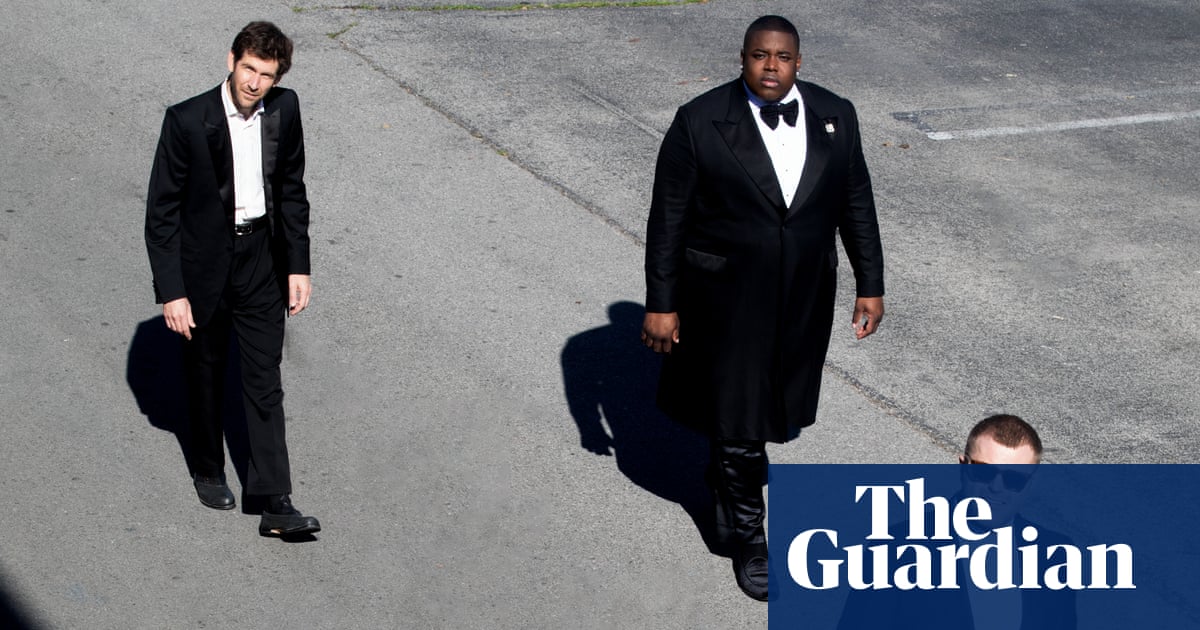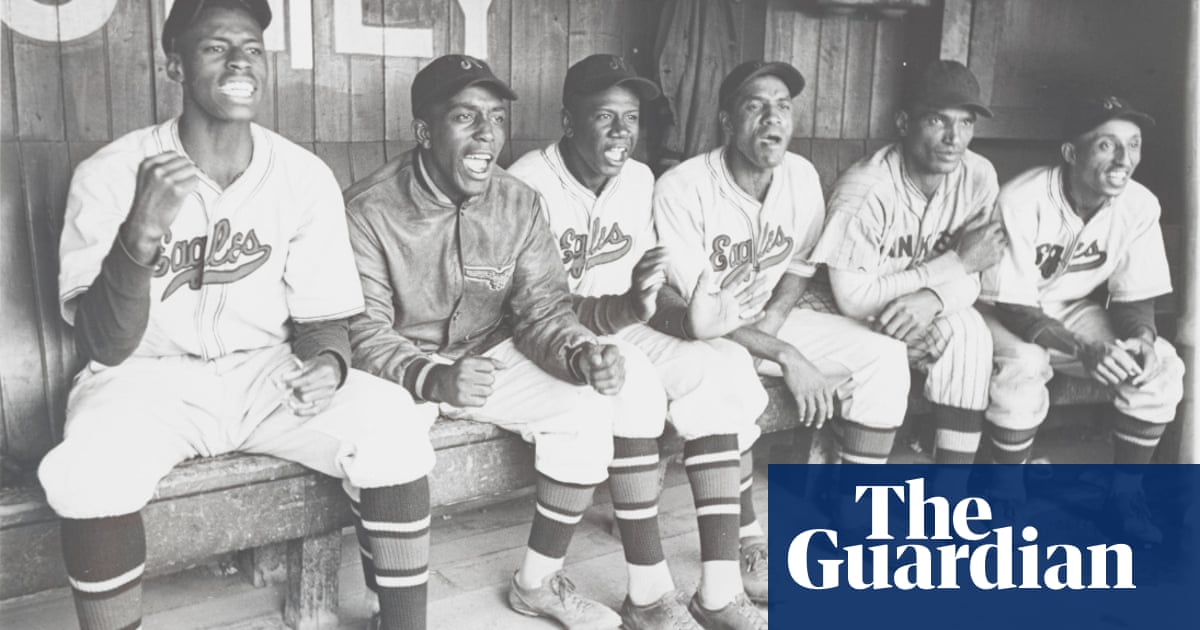
Imoved to Hull in 1971 because it was the most unlikely place in the world to start an experimental theatre company – plus rents were cheap and social security were unlikely to find us any proper jobs. I was 23 and I believed that theatre could change the world. I still do.
I wanted to make uncompromising, provocative, funny, tough, sexy plays about people you didn’t see in plays, for people who didn’t go to the theatre. I wanted Hull Truck to be a nuisance.
Number 71 Coltman Street was cold and dark. On the ground floor was a room full of broken furniture and feral cats. We lived and rehearsed upstairs. The play Children of the Lost Planet was devised over 12 weeks. It was about a bunch of young people of our age living in Hull and trying to negotiate their way through the minefield of sex and drugs and rock’n’roll – always write what you know about.
The winter of 1972 was freezing. We only had a small fan heater and rehearsed under a tent of blankets. The heater blew up so we burnt the broken chairs from downstairs. We bought a clapped-out Morris van for £35 and a lad from the youth theatre stole us a tax disc.
We didn’t have many bookings, possibly because the administration office was the phone box outside.
When we performed Children of the Lost Planet in York, the local paper wondered why we wanted to bring such disgusting people to the stage. On the way to our first London show the van broke down and we abandoned it in a pig farm in Gilberdyke. We hitched to the gig with the props and costumes.
But we carried on. After Children of the Lost Planet came The Weekend After Next, The Knowledge, Oh What!, Bridget’s House, Ooh La La! and Still Crazy After All These Years. We performed countless kids’ shows, pub shows and musical cabarets. Our quest for always telling the uncomfortable truth often got us into trouble. Ironically The Knowledge getting banned in Manchester proved to be our biggest break. The theatre took exception to a rude line spoken by the ex-biker dope dealer Dooley. The day the show was pulled off there was a rave review in the Guardian, which the next day printed a piece about the ridiculous ban. We loaded up the van and headed straight for the Bush theatre in London where we performed an impromptu showcase gig. The word had got round, and we got a standing ovation. The theatre immediately booked us for a month in November. The run was a sellout.
After that followed grants, wages, a proper van, rave reviews and a telephone.
We toured the length of the country garnering accolades and abuse in equal measure. One particular scene from Bridget’s House in 1976 caused a lot of fuss. Bridget (Rachel Bell) and Mo (Cass Patton) are discussing their sex lives. At one point Bridget observes that most men wouldn’t know what a clitoris was if it jumped up and bit them on the leg.
One night in Gainsborough a couple in the audience split up during the scene. He stormed out and drove off into the night. We had to give her a lift home in the truck. That same year we were invited to perform Bridget’s House at the new National Theatre.
One of the few people who saw those early plays was a very young Richard Bean. When he told me he was going to write 71 Coltman Street, a dramatised story of Hull Truck, he said I would hate it. I don’t. Richard has written a terrific show. Not a word of it is actually true of course, but he has captured the spirit of what he thinks the spirit of Hull Truck was. That’s not an easy thing to do when most theatres seem to be giving in to neo-puritan censorship and politically confected culture wars.
The bargain of real, proper theatre is when a group of human beings on stage get together with a group of human beings in the audience to fearlessly celebrate their human being-ness. Pass it on.
71 Coltman Street is at Hull Truck, 17 February to 12 March.












